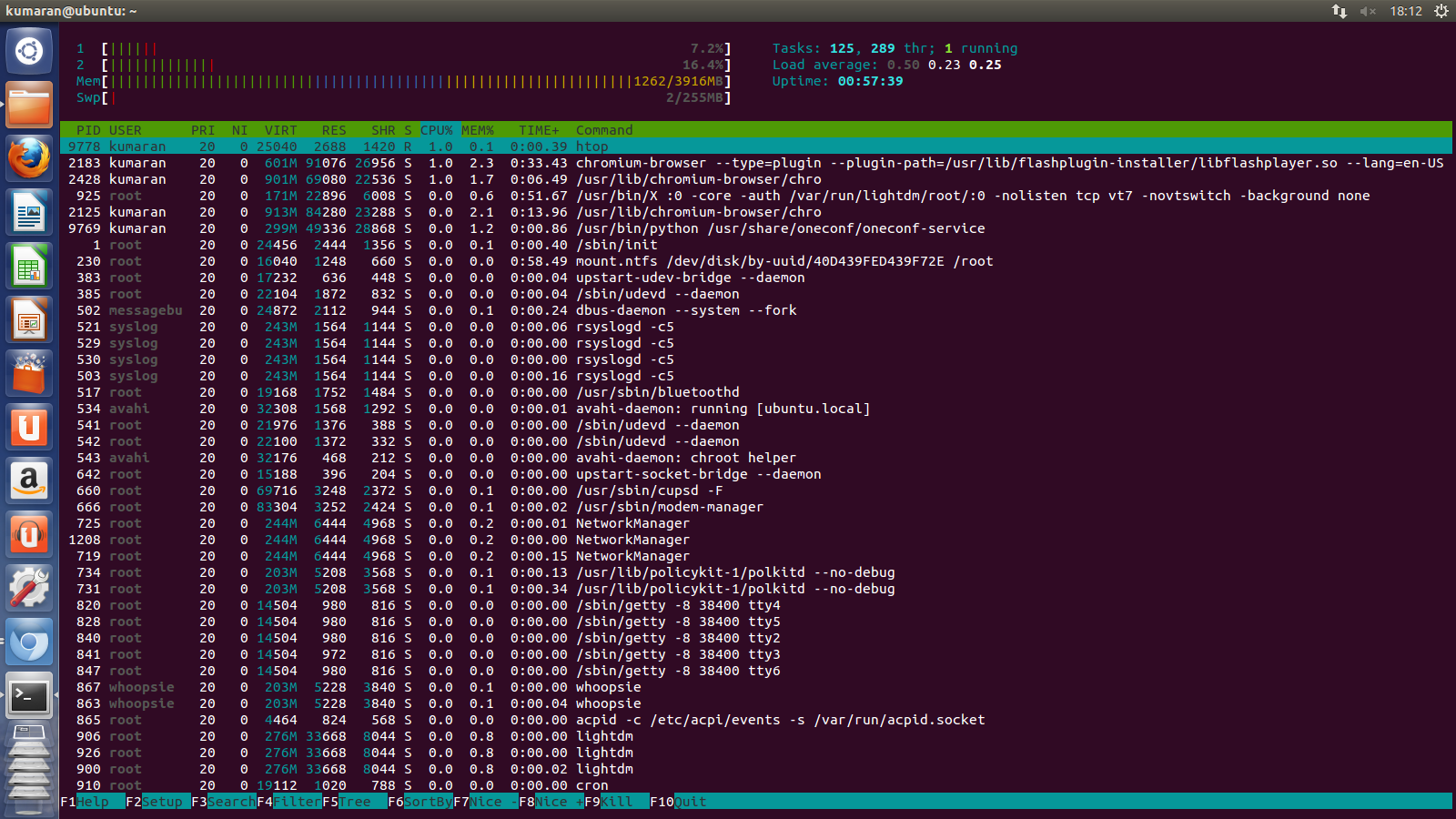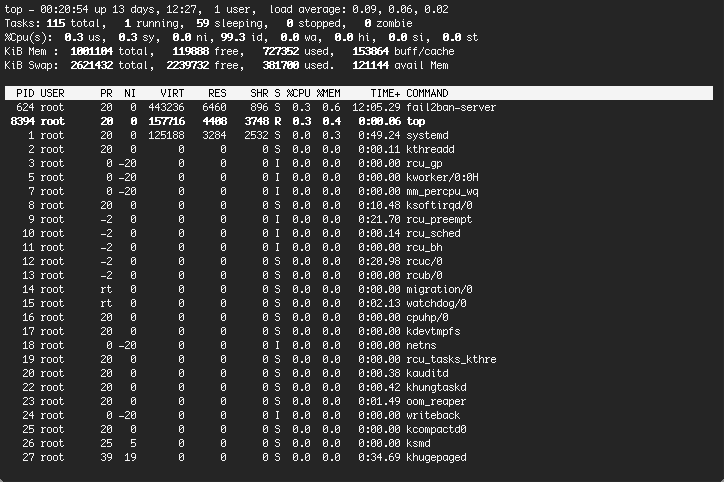

In our case, we want to look at the memory DMI type, which can be accessed with the assigned numbers 5, 6, 16, 17, 18, 19, 20, 21, and 22. The –type option expects a number for DMI types. It contains a lot of information related to our hardware components, but we’re only interested in our total memory size.įortunately, we can feed the –type option to the command for different components such as BIOS, memory, processor, temperatures, and so on. We need to have root privileges to run dmidecode. Once we run the command, we’ll be able to see detailed hardware information. Once the installation is complete, we can run the dmidecode command from our terminal: # dmidecode Sometimes, we don’t need all the info, so we can use grepto extract only the desired entry: $ vmstat -s | grep -i 'total memory' | sed 's/ *//' 8021048 K total memory The first entry in the output is total physical RAM. Since we’re interested in total RAM size, we’re going to add the -s or –stats flag: $ vmstat -s 8021048 K total memory The -w or –wide flag prints the output in a wide readable format. By default, when we type the vmstat command, it will print the free, buffered, and cached memory alongside swap, CPU, IO, and system information: $ vmstat -w -procs-memory-swap-io-system-cpu.
#CHECK CPU MEMORY USAGE LINUX FREE#
Like the free command, vmstat (virtual memory statistics) is also available on most Linux distributions. We can easily terminate the process with Ctrl + C keyboard shortcut. It’s especially useful if we want to monitor the RAM usage at a specified interval. The -s flag stands for seconds, so free will print the RAM usage every 5 seconds in this example. One more interesting option is the -s option: $ free -h -s 5 Moreover, there are lots of other options that can be used to print the output in the format we like such as –kilo, –mega, –Giga, and so on. However, we can easily print the output in a human-readable format using the -h or –human flag: $ free -h total used free shared buff/cache availableĪs can be seen in the output above, we have a total of 7.6 GiB of RAM.

It shows a snapshot of total/free physical memory and swap space of the system, as well as used/free buffer space in the kernel. Mem: 8021048 1320432 5689744 335556 1010872 6121932Īs we can, the size of the physical memory is printed in bytes. The free command is a quick and easy way to get an overview of memory usage gleaned from /proc/meminfo. We can simply type the free command on our terminal without any flags: $ free total used free shared buff/cache available spent by the requests in queue and the time spent servicing them (Linux only). The free command is one of the widely used commands to quickly check for RAM stats because it’s available on most Linux distributions. Track system resource usage: CPU, memory, disk, filesystem, and more. It’s used to print the physical and swap memory usage - by default, it prints to standard output. Your older Ubuntu version might have cgroups v1, in which case the paths differ - have a look at the docs for that: for cgroups in general, for cgroup v1 memory controller.Free is the simplest of all the commands we’ll see. You can also differentiate between system and user (my current graphical session on my laptop, where I write this, would be in user) by using /sys/fs/cgroup/system.slice/memory.stat/. sys/fs/cgroup/system.slice/rvice/memory.stat, giving you the memory for everything in rvice (the process for this service and everything started by that).

If you want that per systemd service, you can use e.g. The most interesting one for you is memory.stat, from which the first line anon $someNumber is probably the most interesting value (giving you bytes of memory in use that are not backed by files and thus cannot be removed from memory anywhere else than swap). In this setup, the metrics systemd_process_resident_memory_bytes, systemd_process_virtual_memory_bytes and systemd_process_virtual_memory_max_bytes would probably be the interesting ones.Ĭgroups (all of this depending on v2) have a file system under /sys/fs/cgroup in which you can query a lot of information. Based on the answer by Halfgaar, doing the simple hacky way but without systemd status | grep somethingįirst I would strongly advise using a monitoring solution of some kind - installing Prometheus systemd-exporter should be quite easy and running Prometheus on any other machine to retrieve the stats should be to - could even be on a device at home/corp for just as long as you debug this issue.


 0 kommentar(er)
0 kommentar(er)
